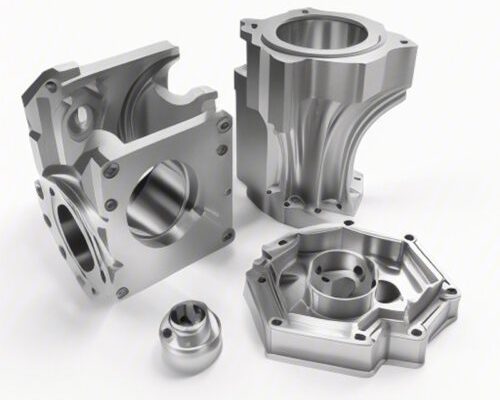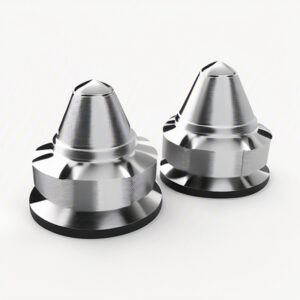In the realm of precision manufacturing, the choice of material can be as crucial as the engineering itself. Stainless steel, known for its corrosion resistance and strength, is a popular choice for a variety of applications. Among the many grades, 316 and 316L stainless steel stand out for their superior properties. YL Machining, with its 13 years of experience and a team of seasoned engineers, is well-equipped to guide you through the intricacies of selecting the right stainless steel for your CNC machining needs.
Understanding 316 and 316L Stainless Steel
Both 316 and 316L stainless steel are austenitic, which means they are non-magnetic and cannot be hardened by heat treatment. However, they differ in their composition and, consequently, their applications.
- 316 Stainless Steel: This grade contains a higher level of nickel and molybdenum, which provides excellent resistance to corrosion, especially in marine environments and chemical processing industries. It is also known for its strength at high temperatures.
- 316L Stainless Steel: The ‘L’ in 316L indicates a lower carbon content, which makes it more resistant to intergranular corrosion. This grade is often used in environments where welding is required, as the reduced carbon content minimizes the risk of carbide precipitation, thus avoiding stress corrosion cracking.
Applications and Considerations
When choosing between 316 and 316L for your CNC machining project, consider the following:
- Corrosion Resistance: If your application involves exposure to harsh chemicals or marine environments, 316 stainless steel may be the better choice due to its higher molybdenum content.
- Welding and Fabrication: For projects that require welding or are prone to stress corrosion cracking, 316L is the preferred option because of its low carbon content.
- Cost: 316L is generally more expensive than 316 due to the lower carbon content and the additional processing required to achieve it. Consider your budget and the value of the end product when making your decision.
- Mechanical Properties: While both grades offer similar mechanical properties, 316L may exhibit slightly higher yield and tensile strengths due to the lower carbon content.
YL Machining’s Expertise
At YL Machining, we pride ourselves on our comprehensive services and material guarantee. Our team of 68 professionals, with 90% having over 5 years of experience, is equipped to handle the complexities of CNC machining with both 316 and 316L stainless steel.
- Material Authenticity: We ensure the authenticity and reliability of our materials using a spectral analyzer, giving you peace of mind about the quality of the raw materials used in your project.
- Process Innovation: With 21 surface treatment processes and 8 tooling and fixture patents, we are at the forefront of process innovation, ensuring the highest quality in your CNC machining projects.
- Quality Assurance: Our commitment to quality is evident in our ISO9001:2015 certification and our rigorous inspection processes, ensuring that each product meets the highest standards.
The choice between 316 and 316L stainless steel for CNC machining is not just about the material itself but also about the expertise and services provided by your manufacturing partner. YL Machining, with its state-of-the-art equipment, professional team, and commitment to quality, is your trusted partner for precision machining in the most demanding materials.
For a consultation on your next CNC machining project involving stainless steel, reach out to YL Machining. Our team is ready to provide you with the best solutions tailored to your specific needs. Contact us today to discuss your project.


